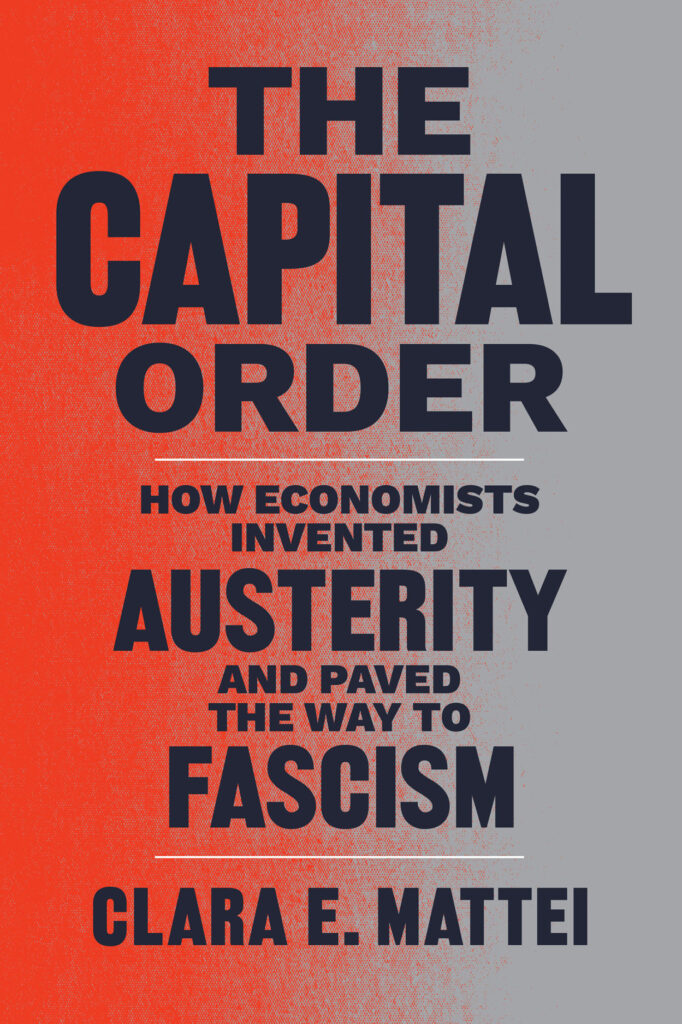How Economists Invented Austerity and Paved the Way to Fascism

This is a new book by Clara Mattei, in it she looks at the origins and logic of austerity, which starts with World War 1 and the period just after that. World War 1 was in many ways a war against the coming global revolution which seemed incipient at the time. Prior to the outbreak of the war, socialism in its various forms had been a growing movement around the world, and seemed like the next logical step in the humanity’s development.
Sadly the outbreak of the war and the tidal wave of nationalism which accompanied it swept away the idea of internationalism. The Socialist international leaders all pledged allegiance to their home countries, despite having promised to fight against an imperialist war. The one French leader who advocated for peace, Jean Jaurès, was shot right at the outbreak of the war.
As the war deepened, new levels of government spending and investment were necessary to keep up arms production. Governments were thus forced to borrow and spend tremendous amounts. As workers were in short supply, and sorely needed, their value grew, and they were able to exact greater salaries, and living standards rose as a result.
It really proved that a new kind of economic logic was possible, one in which the state could borrow and spend virtually without limit, without any repercussions, since the economic growth which accompanied the spending would mean it could all be paid back. Many people pointed out that the “theory” of economics had been completely overturned. The old ways had been shown to be completely bankrupt, and workers looked forward to a new economy once the war was over, one in which sustainable and egalitarian growth was all but guaranteed.
The workers with their new found wealth and power started to anticipate a coming socialist revolution, and a system of government which worked for them. Naturally the powers in charge were not too chuffed about that, and wanted a solution to this “problem” of upstart workers.
Note that all this resulted from a policy which is the opposite of austerity – massively increased government spending and investment!
Hence after the war, they instituted a program of harsh austerity, which had the effect of decreasing production, decreasing wages, creating more unemployment and retarding growth. Of course this policy was hugely unpopular and massively disputed, but the “economists” countered with their own logic of “responsible spending” on behalf of their governments.
As a result the labour movements were thrown into disarray, and the global revolutions were put on hold. The program was a success! (From the point of view of the owners of capital and the upper class). It is precisely this same policy, for precisely the same reason which has remained with us for over a century. We have all been paying the price in the form of lower growth rates, chronic unemployment and underemployment and the massive inequality we see all over much of the world.
I’ve long been an anti-austerity warrior, but I never quite understood the logic of why a government would want to institute austerity. Clara Mattei made it very clear in this fine book, which I wholeheartedly recommend. Her thesis is amply illustrated by many examples and thorough research.